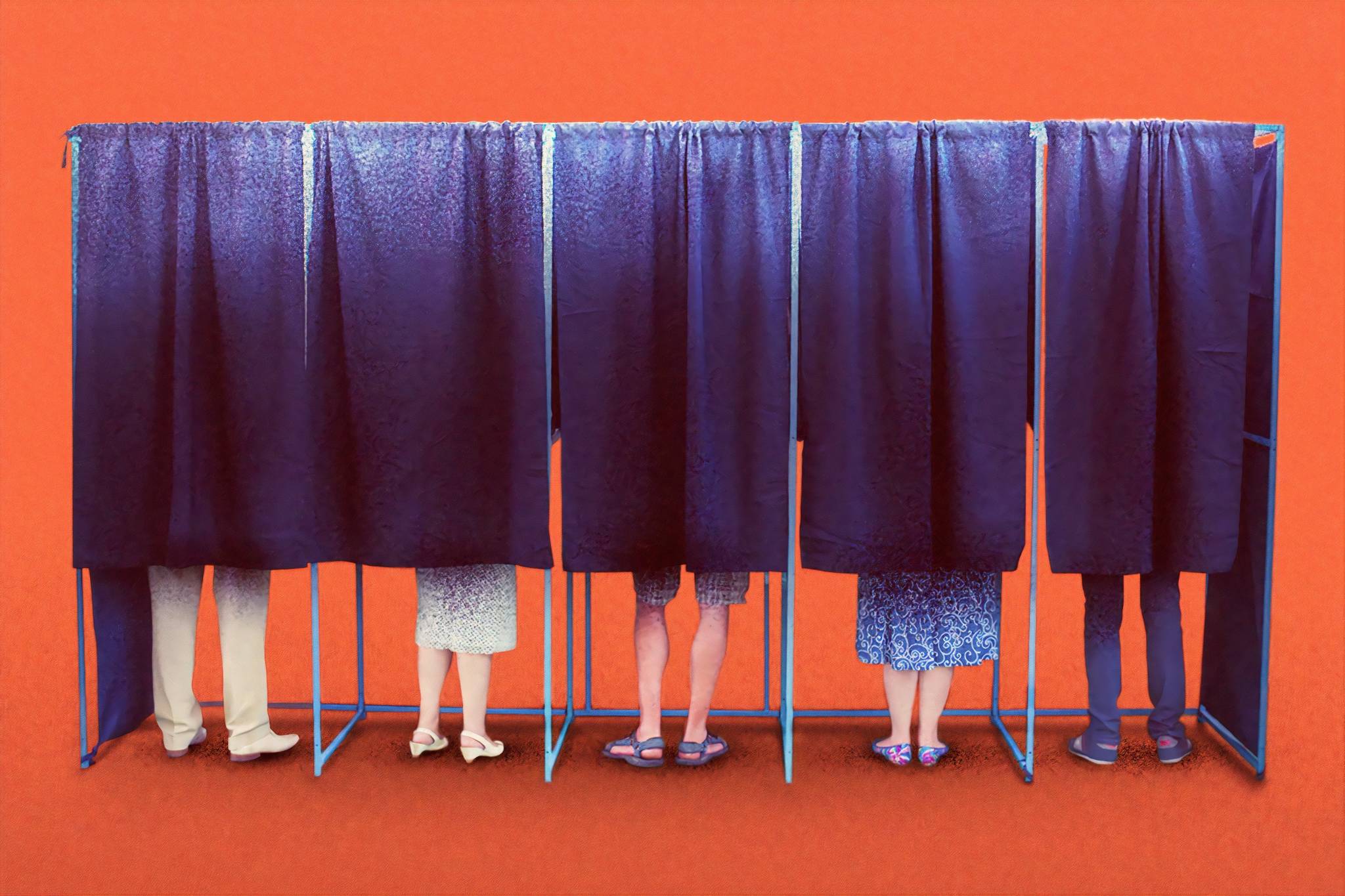By Loren Leman
Many friends have asked me recently about Ballot Measure 2, a proposal to fundamentally change how we do elections in Alaska. During my four years as lieutenant governor, I was charged with overseeing Alaska’s elections. We had tremendous staff in Juneau and elsewhere in Alaska who continued the tradition of delivering transparent, impartial and honest elections. I learned a lot from them.
Our current election system is simple and clear Ballot Measure 2 would make it complex, obscure and unfair. Reading all 25 pages of it was a challenge, but I did that. I will comment on three provisions that are particularly egregious.
First, it offers the seductive promise that it will “…take back power from dark money special interests and give it to regular Alaskans.” This is appealing to many. Yet, the irony is that it instead protects the power of outside special interest groups to spend dark money. How so? Because it specifically exempts ballot measure groups from the rigorous disclosure requirements it would impose on groups that seek to affect the outcome of races for school board, assembly or city council, state Legislature, and other offices. The hypocrisy of this is stunning.
Second, it would replace Alaska’s current primary election with an open “jungle primary” in which up to four candidates would advance to the general election. Proponents say this will produce a different type of leader more capable to solve our challenges. That’s a bold but unsupported claim. The U.S. Supreme Court ruled on the right of political association and Alaska election law was changed in the 1990s to comply with its ruling. I was in the Legislature when this was done.
And third, it changes how votes are tabulated by introducing a complex system in which voters are invited to rank the candidates. Right now, each Alaska voter can cast one vote — and the candidate who receives the most votes wins. That’s quite simple and we can understand it. But ranked-choice voting is anything but simple. If you don’t rank all of the candidates, your vote in the final tabulation could be thrown out. How would you like that? San Francisco uses this method — and we can see the leaders it produces. Do you remember how long it took for the Iowa Democratic Party to count its caucus votes last spring? That was ranked-choice voting.
Alaska’s election system can be improved, but instead of the convoluted approach offered by Ballot Measure 2, we should apply solutions that work in Alaska. Rather than shining light on the electoral process, Ballot Measure 2 makes campaigning even “darker” and voting more confusing by importing failed experiments from other states. I urge a no vote.
• Loren Leman served as lieutenant governor from 2002 to 2006 and was a legislator for 14 years before that. Columns, My Turns and Letters to the Editor represent the view of the author, not the view of the Juneau Empire. Have something to say? Here’s how to submit a My Turn or letter.

